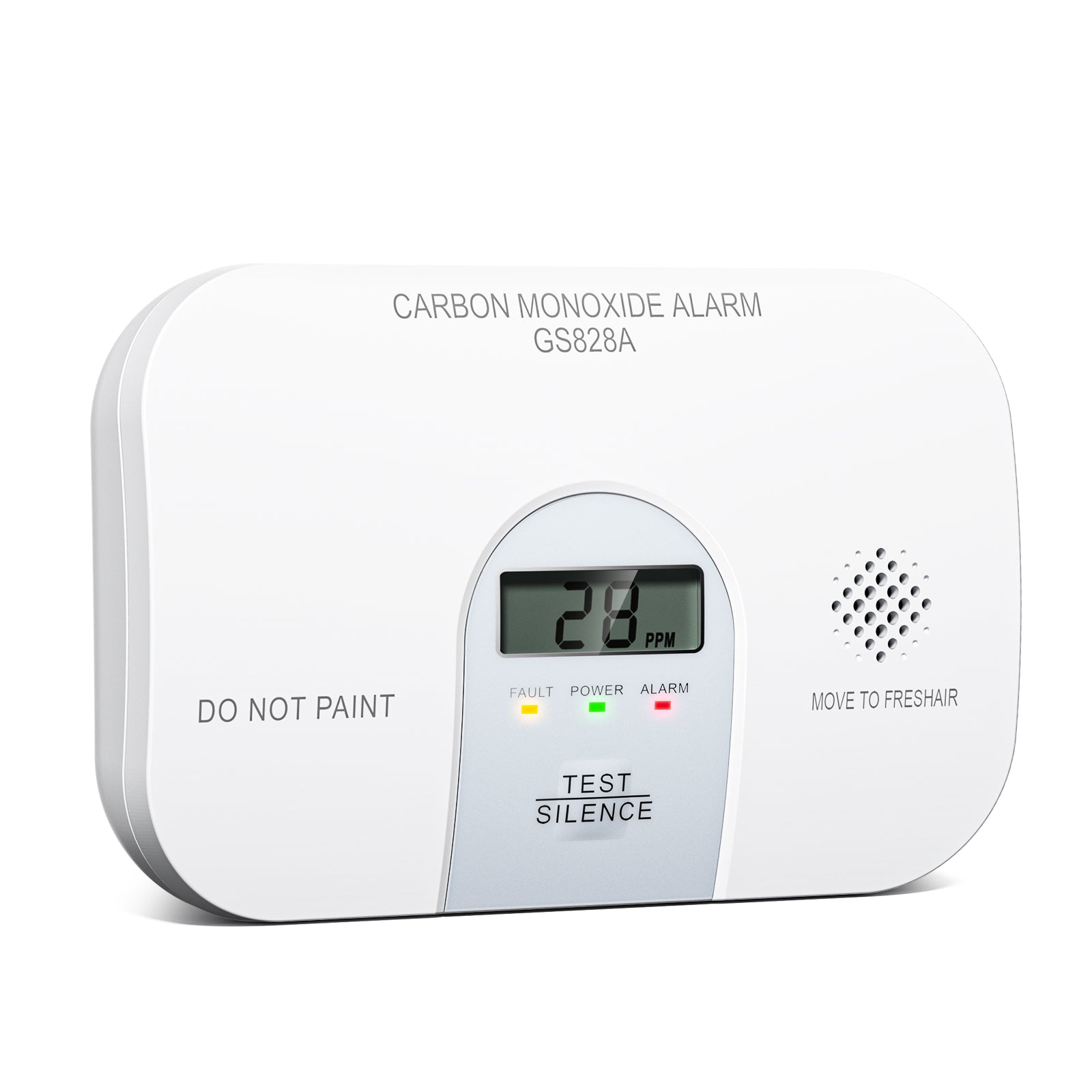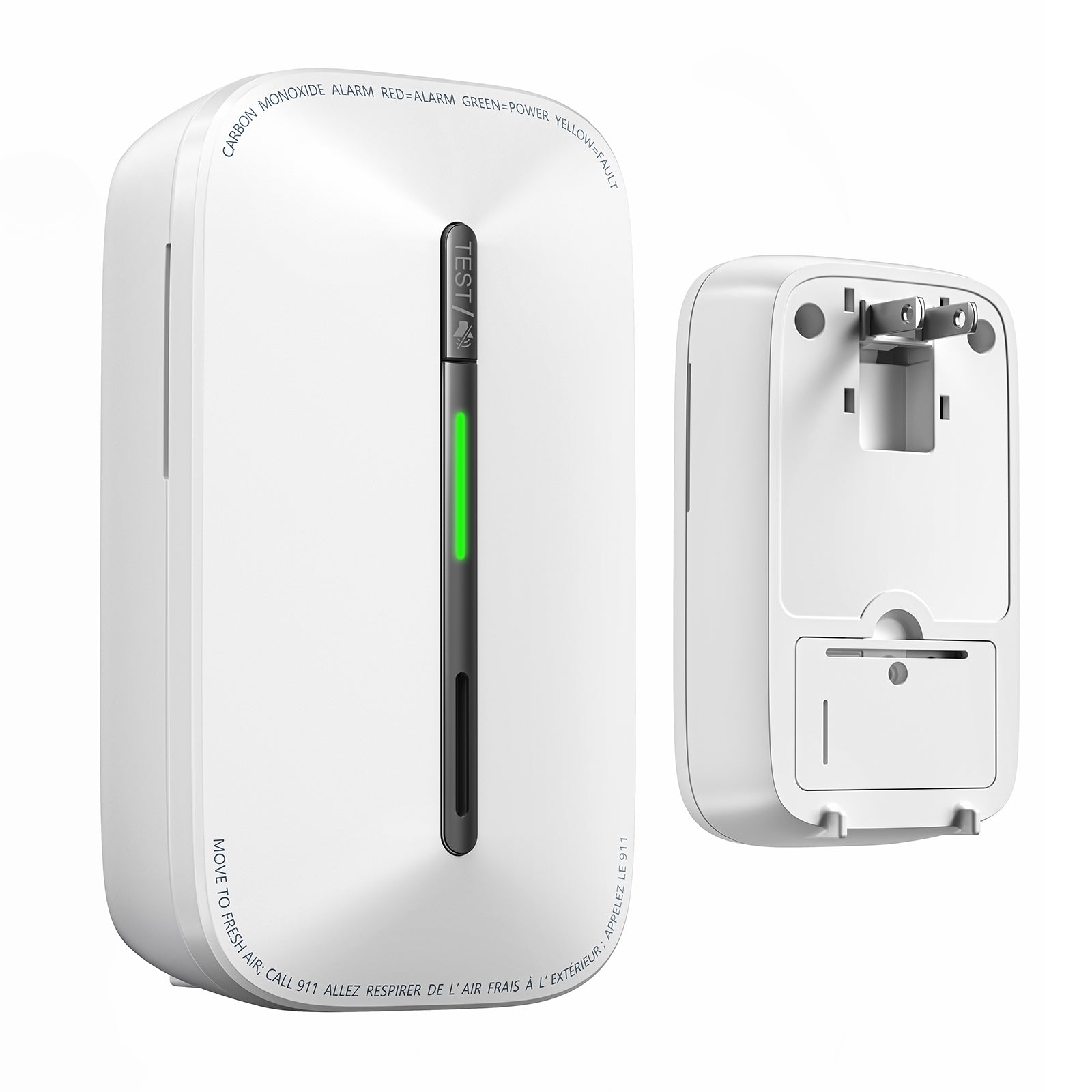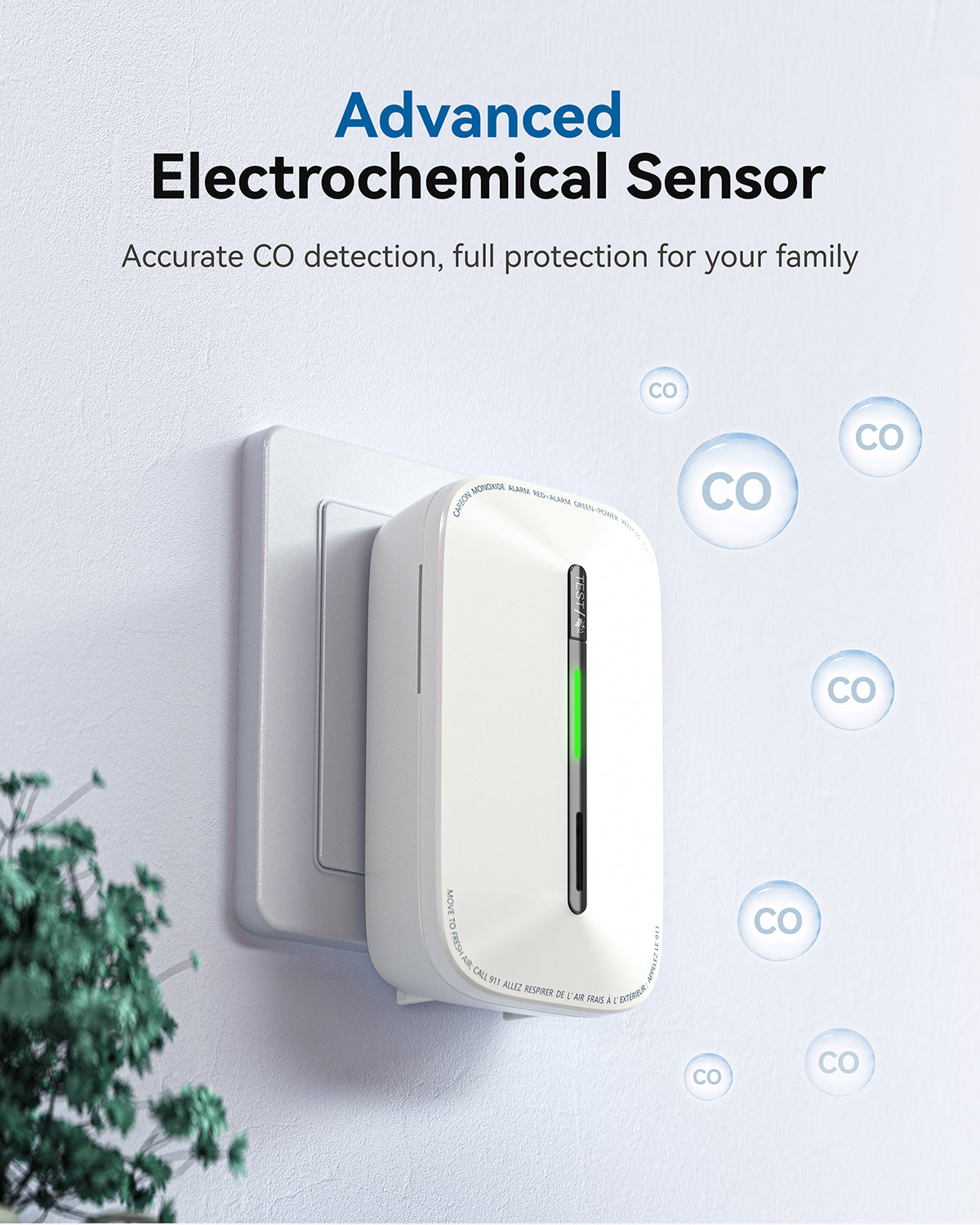When it comes to ensuring the safety of your home and loved ones, choosing the right smoke alarm is crucial. While both ionization and photoelectric smoke alarms serve the same purpose – detecting smoke and alerting occupants to potential dangers – there's a growing consensus among safety experts that photoelectric smoke alarms offer distinct advantages. In this blog post, we'll explore why photoelectric smoke alarms are the clear choice for those prioritizing advanced safety measures in their homes.
Understanding the Difference:
Before delving into the advantages of photoelectric smoke alarms, let's briefly examine the key differences between ionization and photoelectric technologies.
Ionization smoke alarms operate by detecting the presence of smoke particles through an ionization chamber. When smoke enters the chamber, it disrupts the electrical balance, triggering the alarm. On the other hand, photoelectric smoke alarms use a light source and a sensor. When smoke particles enter the chamber, they scatter the light, causing a reduction in the light hitting the sensor and activating the alarm.
Advantages of Photoelectric Smoke Alarms:
- Early Detection of Smoldering Fires:
One of the notable advantages of photoelectric smoke alarms is their ability to detect smoldering fires – fires that produce a significant amount of smoke before flames become visible. This is crucial as smoldering fires can pose a serious threat long before the flames break out. Photoelectric alarms are highly effective at detecting these slow-burning fires, providing early warning and valuable escape time.
- Reduced False Alarms:
Ionization smoke alarms are known for their sensitivity to minor disturbances, such as cooking fumes or steam. This can result in frequent false alarms, leading homeowners to disable the alarms or remove batteries, jeopardizing their safety. Photoelectric smoke alarms, with their advanced technology, are less prone to false alarms, ensuring a reliable and accurate response to genuine threats.
- Superior Performance in Smoky Conditions:
Photoelectric smoke alarms excel in areas prone to smoky conditions, such as kitchens. Their ability to differentiate between smoke and harmless particles reduces the likelihood of false alarms, providing consistent and reliable performance in environments where ionization alarms may struggle.
- Broader Range of Fire Types Detected:
Photoelectric smoke alarms are versatile in their ability to detect a wide range of fire types, including slow-burning fires and those that produce large smoke particles. This versatility ensures comprehensive protection against various fire scenarios, making them a well-rounded choice for homeowners seeking optimal safety.
While both ionization and photoelectric smoke alarms contribute to fire safety, the advantages of photoelectric technology are increasingly recognized by safety experts and organizations. For example, SITERWELL GS528A Smoke Alarm uses a photoelectric sensor to provide you and your family with excellent protection. When it comes to the safety of your loved ones and your home, the choice is clear - choose photoelectric smoke alarms for advanced, reliable fire detection.
From Siterwell Team.






